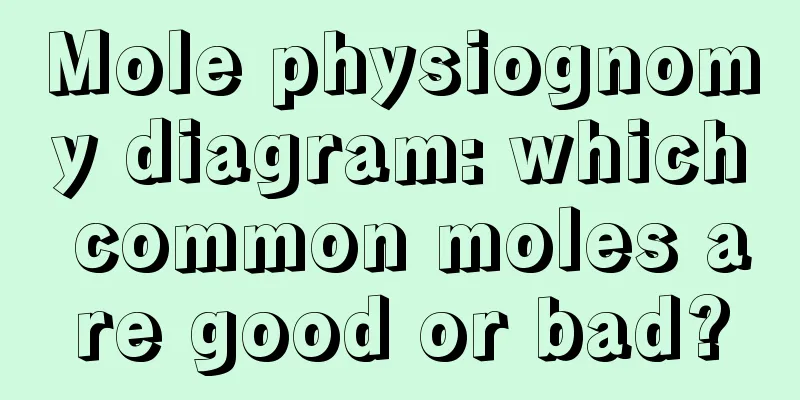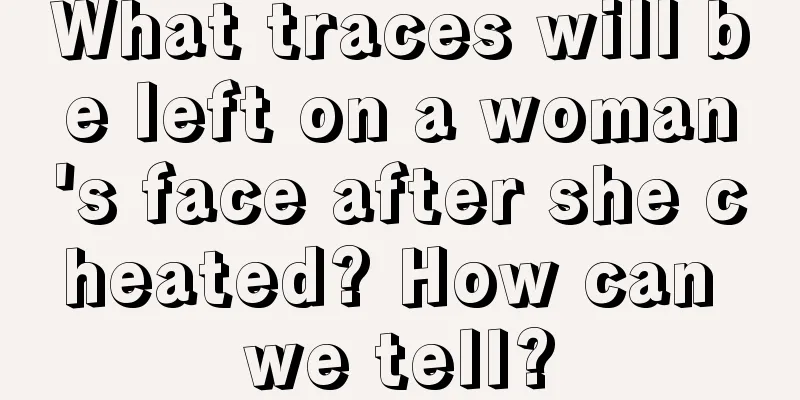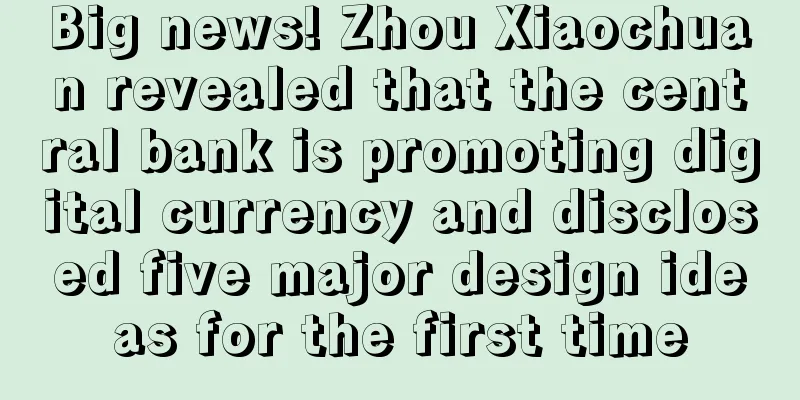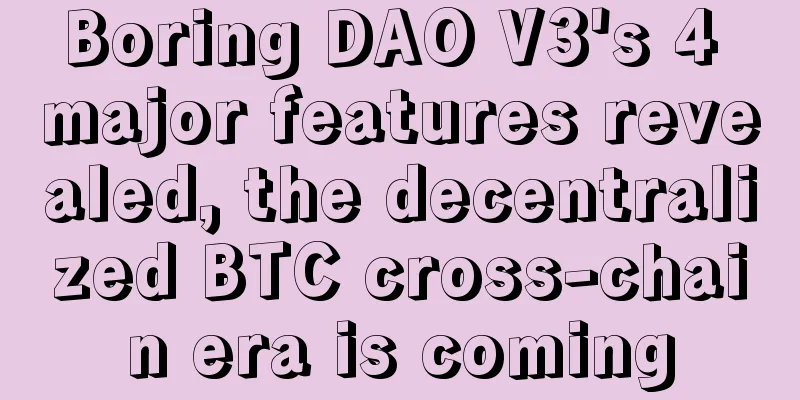Blockchain + Agriculture? These startups are already implementing this idea
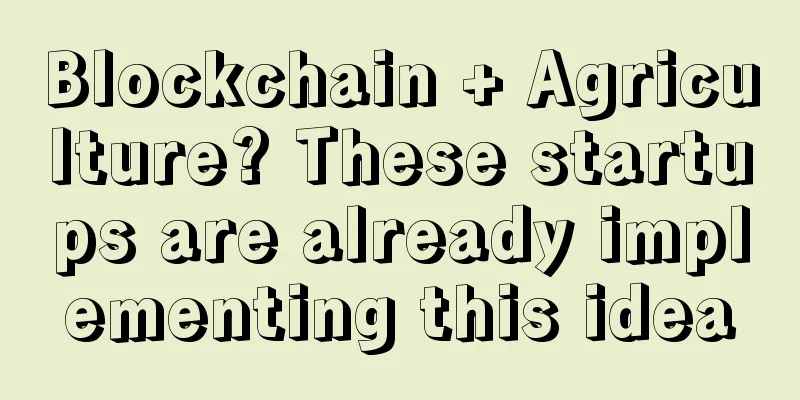
|
Agriculture is a vital part of the global economy, and blockchain technology is beginning to make inroads in this sector. Agricultural workers account for about 40% of the world's total population, and now the agricultural industry has also begun to try blockchain. According to Agfunder News, many potential distributed ledger solutions have emerged. These include Filament, a startup that is used to create smart farm concepts, and SkuChain, which tracks food through a distributed ledger in the supply chain. On Filament's platform, users connect physical objects and existing networks to form "broader networks and applications" to apply smart farm technology to reliable infrastructure. The so-called smart farm is a sustainable agricultural model that aims to improve the quality of the agricultural environment, integrate technologies with natural biological cycle control, and establish the economic feasibility of farm operations. Smart farms using blockchain technology can prevent weather data, SMS reminders, mechanical protocols, GPS positioning and many other precision agricultural data from being tampered with. Monitoring the food supply chain allows consumers to clearly know the source of food and its production date. Traditional record systems can be easily manipulated, and consumers can rely on an immutable ledger that transparently records some information about food. Emma Weston from AgriDigital detailed how blockchain technology has the potential to significantly change the agri-food industry. For example, real-time supply chain management, rapid crowdfunding access, and transparency can all be introduced into the food chain. Weston explained the potential of blockchain in agricultural economic growth, stating:
Other startups, such as Provenance and FarmShare, are researching and developing blockchain-based agricultural platforms. Provenance is a blockchain-based system that tracks goods, such as food, making the information public, secure, and comprehensive. The startup also says its advanced monitoring tools can prove the authenticity of goods and guarantee their quality. Blockchain technology continues to demonstrate its potential to change various markets and economies, and agriculture will be one of them. These days, the public is paying more and more attention to the transparency of food and agricultural technology, and distributed ledger technology can provide a better solution. |
<<: BTC integrates blockchain and paper ballots to provide secure, tamper-proof voting solutions
>>: What will the future of Bitcoin be like?
Recommend
Judging from your face whether you will have a boy or a girl
People often ask if it is possible to tell whethe...
The fate of future generations can be seen from the face
There is an old saying that goes, There are three...
How is the fortune of a person with a sword through his eyebrows?
There is usually a type of student whose eyebrows...
Satoshi Nakamoto nominated for Nobel Prize in Economics
Yesterday, Bhagwan Chowdhry, a finance professor ...
What kind of face does a woman have when she is unhappy in love?
Some people's emotional journey has always be...
What does a mole on the back of a woman's ear mean?
Moles are actually very important to a person. Al...
Is it good for people to have horizontal lines on the root of the nose?
Is it good for people to have horizontal lines on...
What is the meaning of the noble lines and Mars lines in palmistry?
Now more and more people are beginning to underst...
How to tell fortune by right eyebrow
The appearance of eyebrows is closely related to ...
OpenBazaar leads the pack with three nominations for the 2016 Blockchain Awards
Coin Center and Blockchain.info have announced th...
Weekly Mining News 0530-0605
1. The New York State Senate recently passed a tw...
Yu Wei, founder of Zhijianxinyun, Biyin Guest Room: The logic of mining profit is very simple, and the mining farm needs to pay attention to compliance and safety
On February 13, hosted by Biyin Mining Pool and e...
Revealing the secrets of square face
1. Analysis of square face The face is relatively...
Brazilian Congressman Calls for Hearing on Bitcoin Regulation
Brazilian Congressman Manoel Junior has called fo...
Phoenix eye pattern pictures_Difference between Phoenix eye pattern and Fuzi eye
If we look at the pictures, we will find that the...




